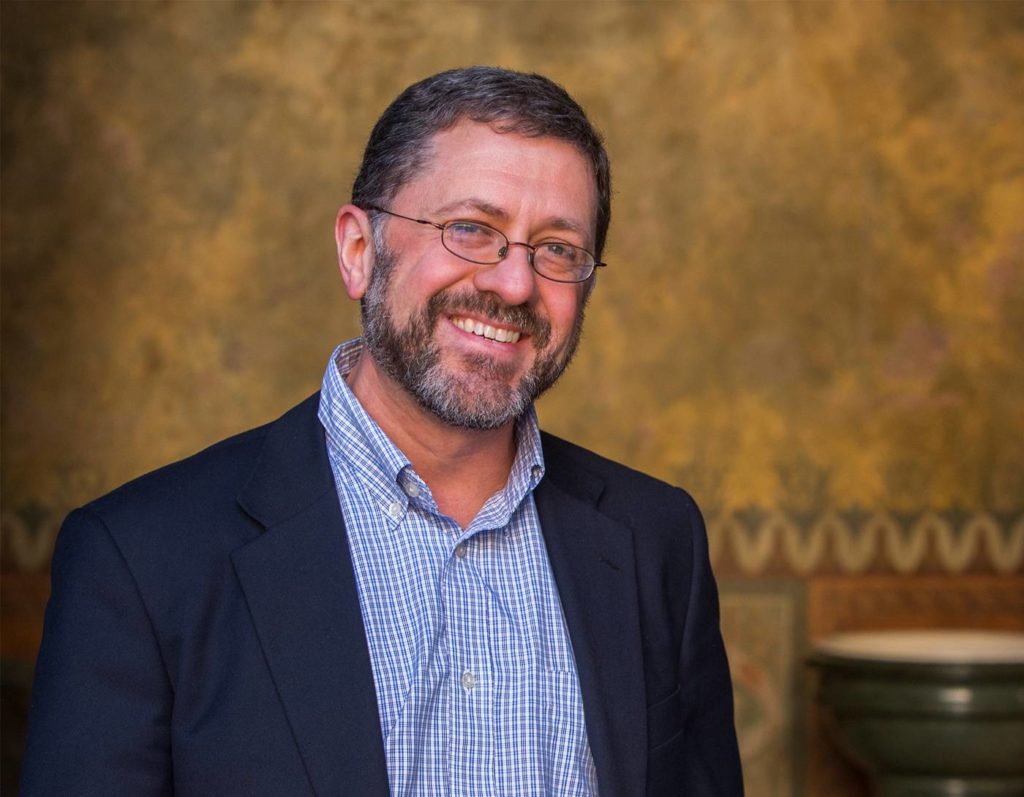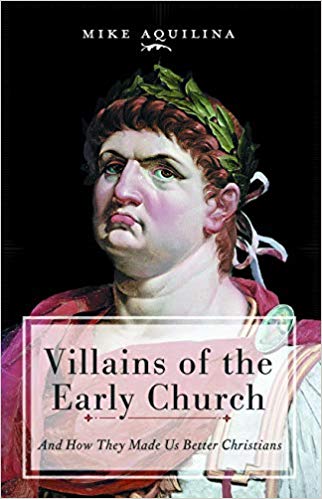Podcast: Play in new window | Download (Duration: 26:44 — 18.5MB) | Embed
Subscribe: Apple Podcasts | Spotify | Amazon Music | Android | Pandora | iHeartRadio | JioSaavn | Podchaser | Gaana | Podcast Index | Email | TuneIn | Deezer | Anghami | RSS | More
 Episode 12 – Nestorius – “Villains of the Early Church: And How They Made Us Better Christians“was
Episode 12 – Nestorius – “Villains of the Early Church: And How They Made Us Better Christians“was
In this episode, Mike Aquilina and Kris McGregor discuss Nestorius, an archbishop of Constantinople who proclaimed that Mary could not be the “Theotokos”. Such statements brought about the Council of Ephesus and a declaration throughout the Christian Church that his thought was emphatically wrong. Mary was, and still is, the “Mother of God.”
An excerpt from Villains of the Early Church:
We’ve been having an argument with these other people, the monks explained. We say that Mary is rightly called Mother of God—in Greek, Theotokos. But these other people say it’s not right to call her anything but Mother of the Man—Anthropotokos. Which of us is right?
Nestorius was delighted with the opportunity to show off his erudition. His answer probably struck him as very clever and evenhanded. In a way, he said, you’re both right. Each of those names can be used for Mary in a loose and imprecise way. But technically the proper term would be Mother of the Christ—Christotokos. If you want to be accurate, you’ll avoid calling her anything else.3
Thus, Constantinople was first introduced to that little word “technically”—in Greek, akribos—which the world would soon learn was one of Nestorius’ very favorite terms when he was arguing with people. It revealed a lot about the way he thought. The problem with most people, Nestorius seemed to believe, was that they didn’t choose their terms carefully enough. When you’re talking about important issues of theology, you need to be very precise in your language.
The problem with Nestorius, thought practically everybody else in Constantinople, was that he had just said Mary wasn’t Mother of God.
The people of the city instantly latched onto that little word “technically” as representing everything they hated about Nestorius. “If Mary is not technically the Mother of God,” they said, “then her Son is not technically God.”4 Mary had always been called Mother of God, as long as anybody could remember. The city—the whole Empire—was devoted to the Blessed Virgin. What was wrong with this new archbishop?
“He seemed afraid of the word Theotokos,” Socrates recalled, “as if it were some frightful ghost.”5 In the opinion of Socrates and many others, the problem wasn’t loose language on the part of the great majority of Christians. The problem was that Nestorius didn’t know what he was talking about. “The baseless fear he showed on this subject merely demonstrated how very ignorant he was. He was naturally a fluent speaker, so people thought he must be well educated. But actually he was disgracefully illiterate.” Socrates thought that Nestorius not only didn’t know what the great Christian writers before him had written on these subjects, but also didn’t care. He was smarter than they were. He could work things out for himself.6
Well, if Nestorius didn’t know what the great Christians of earlier generations had taught, it was about time somebody told him. Enter the Bishop of Alexandria.
Aquilina, Mike. Villains of the Early Church: And How They Made Us Better Christians . Emmaus Road Publishing. Kindle Edition.
For more episodes in the Villains of the Early Church podcast visit here – Villains of the Early Church – Discerning Hearts Podcast
You can find the book on which this series is based here
Mike Aquilina is a popular author working in the area of Church history, especially patristics, the study of the early Church Fathers.[1] He is the executive vice-president and trustee of the St. Paul Center for Biblical Theology, a Roman Catholic research center based in Steubenville, Ohio. He is a contributing editor of Angelus (magazine) and general editor of the Reclaiming Catholic History Series from Ave Maria Press. He is the author or editor of more than fifty books, including The Fathers of the Church (2006); The Mass of the Early Christians (2007); Living the Mysteries (2003); and What Catholics Believe(1999). He has hosted eleven television series on the Eternal Word Television Network and is a frequent guest commentator on Catholic radio.
Mike Aquilina’s website is found at fathersofthechurch.com


